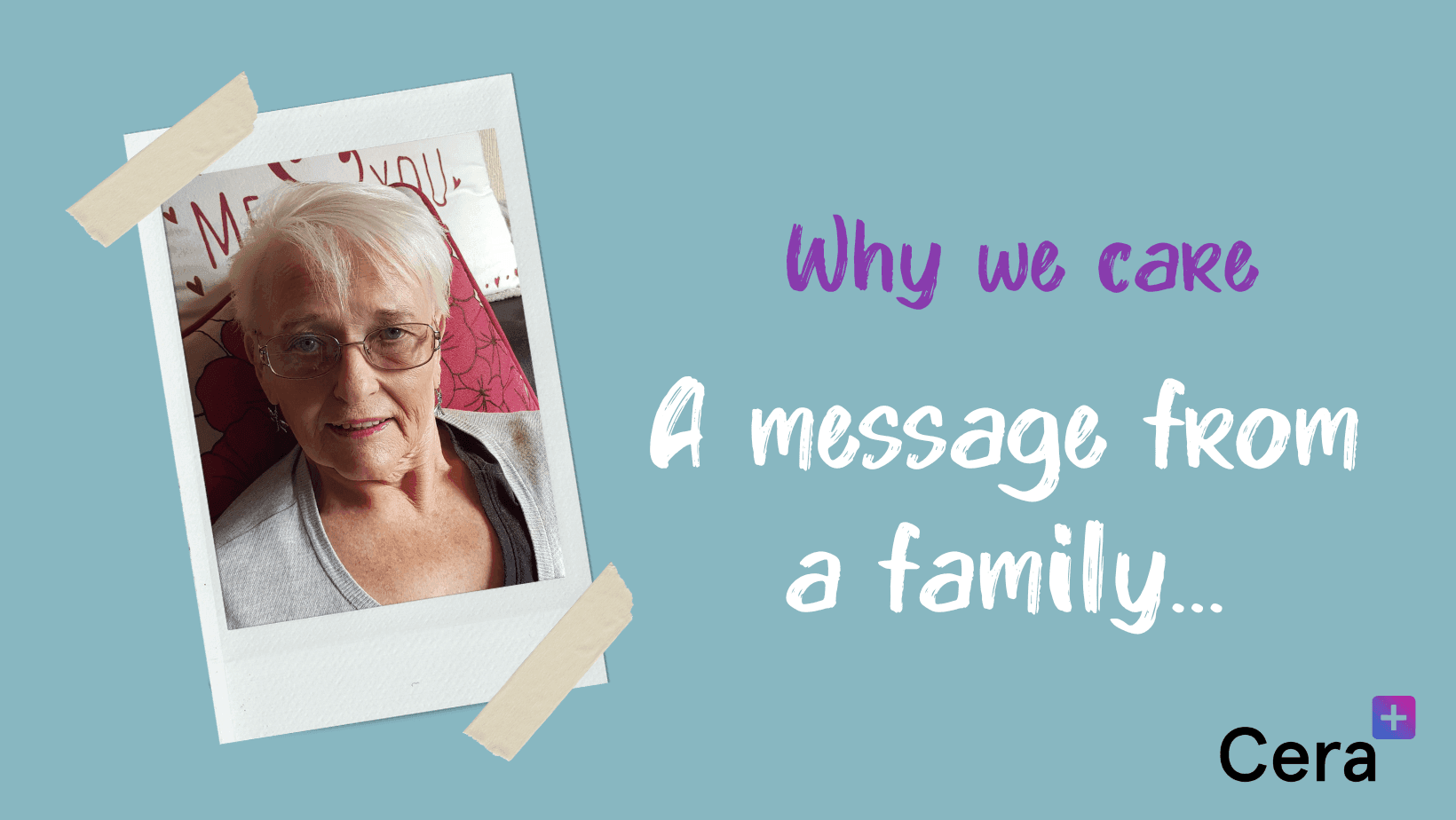Supporting Service Users with Diabetes
This National Diabetes Month, we're focusing on caring for those with diabetes. With 1 in 10 adults affected and millions at risk, it is crucial to raise awareness, recognise the symptoms, and understand how to provide support.
What is diabetes?
Diabetes is a disease that occurs when a person's blood sugar level becomes too high. This affects how your body turns food into energy. The amount of sugar in the blood is controlled by a hormone called insulin. Insulin is produced by the pancreas and allows the sugar in our blood to enter our cells and fuel our bodies. However, if you have diabetes, your body is less able to break down sugar into energy.
There are two main types of diabetes:
Type 1: The body makes little or no insulin. This is thought to be caused by an autoimmune reaction, where the body's immune system attacks and destroys the cells that produce insulin.
Type 2: This is developed over many years. The body does not produce enough insulin, or the body's cells do not use insulin effectively.
Type 2 diabetes is a lot more common than type 1. In the UK, over 90% of diabetes patients have type 2 diabetes.
What are the symptoms of diabetes?
Here are 10 signs you should look out for if you suspect diabetes:
- Urinating frequently, often at night
- Excessive thirst
- Increased/excessive hunger
- Blurry vision
- Exhaustion
- Numbing or tingling in the hands and/or feet
- Very dry skin
- Cuts or ulcers that are slow to heal
- Feeling irritable or having mood swings
- Weight loss
How to prevent diabetes?
We can prevent, delay or even reverse type 2 diabetes through methods such as dietary changes, stress reduction and increasing physical activity. Unfortunately, there is currently no known way to prevent type 1 diabetes.
What type of carers support people with diabetes?
At Cera, we offer many different types of care services that may need to provide diabetes support:
- Elderly Care at Home
- Live-In Care
- Extra Care
- Nursing and Complex Care
- Supported Living
- Learning Disabilities
Find out more about the types of care Cera provides
We offer full training, including to those that are new to care. Therefore, if you need to care for a service user with diabetes, you will be equipped to deal with their healthcare needs. Cera carers can learn more from our knowledge base, where they can find out about blood glucose monitoring and also read our diabetes policy, which helps clinical and non-clinical staff with the day to day management of clients’ diabetes.
How to care for someone with diabetes
Diabetic care involves providing support, encouragement, and assistance to help diabetics manage their condition effectively.
Here are some important tips for supporting someone with diabetes:
- Understand the condition: Learn as much as you can about diabetes, including the types, symptoms, causes, diabetic management and treatment options. This will help you provide better support to those managing the condition and those at risk.
- Good medication management: Assist the service user to take their prescribed medications in the most effective way. This may include insulin injections, oral medications, or other treatments.
- Monitor blood sugar levels: Help the service user monitor their blood sugar levels regularly, as recommended by their healthcare team.
- Healthy eating: Encourage a balanced diet that includes whole grains, lean proteins, fruits, vegetables, and limited sugary and high-carb foods. Help plan meals and snacks that fit within their dietary restrictions.
- Regular exercise: Physical activity is important for managing diabetes. Encourage the service user to engage in regular exercise where possible.
- Regular check ups: The service user will need to attend regular checkups with their healthcare team. These visits are important for monitoring their diabetes and addressing any concerns.
- Assist with stress management: Stress can affect blood sugar levels, so helping the service user manage stress through relaxation techniques, such as meditation, or yoga can be beneficial.
- Healthy lifestyle: Encourage a healthy, balanced lifestyle that includes sufficient sleep, limited alcohol consumption, maintaining a healthy weight and not smoking.
- Provide emotional support: Diabetes can be emotionally challenging. Be patient and empathetic in dealing with the service user’s feelings and concerns.
- Know when to seek medical help:** Be aware of the signs of hyperglycemia (high blood sugar) and hypoglycemia (low blood sugar) and other diabetic complications. A source of fast-acting carbohydrates (e.g. glucose tablets or juice) is useful in case of low blood sugar emergencies. If you notice any concerning symptoms, seek medical assistance as soon as possible.
Every service user's diabetes management plan is unique, so adapt your caregiving to their specific needs and preferences. Encourage open communication and collaborate with the person with diabetes to ensure the best care and support possible.
If you’d like to find out more about diabetes and how to support those affected, visit Diabetes UK, a charity that works to help people suffering from diabetes, as well as providing funding for research, raising awareness and campaigning. Or visit Diabetes Research & Foundation (DRWF), who provide information and support, while funding diabetes research in order to better understand its causes, prevention and treatment.
You can also read about our colleague Mark, a care support worker who is a bilateral amputee as a result of Type 1 diabetes. Mark joined Cera after years of unemployment.
More about working in care

Nutrition and Hydration - Essential Care for the Elderly
Good nutrition and hydration is vital for everyone, and it's especially important for elderly individuals.
Why we care - a message from a family
A family's note of thanks to the carers who provided comfort, dignity, and peace during their gran's final days.